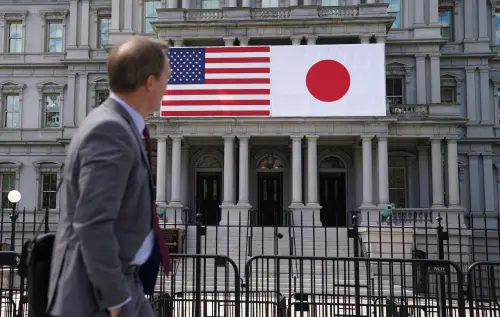On October 22, 2000, Japanese Prime Minister Yoshiro Mori and Singapore Prime Minister Goh Chok Tong agreed to formal negotiations for the Japan-Singapore Economic Agreement for a New Age Partnership (JSEPA) in January 2001, in light of the September 2000 report from the Japan-Singapore Free Trade Agreement (JSFTA) Joint Study Group. It was the first time Japan entered into negotiations concerning regional economic integration. With a strong emphasis on the need to address the new challenges globalization and technological progress pose; the Joint Study Group explored a possible “New Age FTA” between the two countries, which Prime Minister Goh proposed in December 1999. Thus, for Japan the JSEPA marked a major turning point in promoting regional economic integration.
This paper looks back on the process that led to the JSEPA negotiations and explores what it takes for a new external economic policy framework to take root. In Section I, I will analyze the changing environment surrounding Japan’s trade policy and introduce various issues, based on my experience in the Japanese government, which arose when the “New Age FTA” was first conceived. Section II describes the new conceptualization of Japan’s external economic policy. Finally in Section III, I will discuss the challenges ahead for Japan in pursuing economic integration.


Commentary
Evolution of Japan’s Policy Toward Economic Integration
December 1, 2001